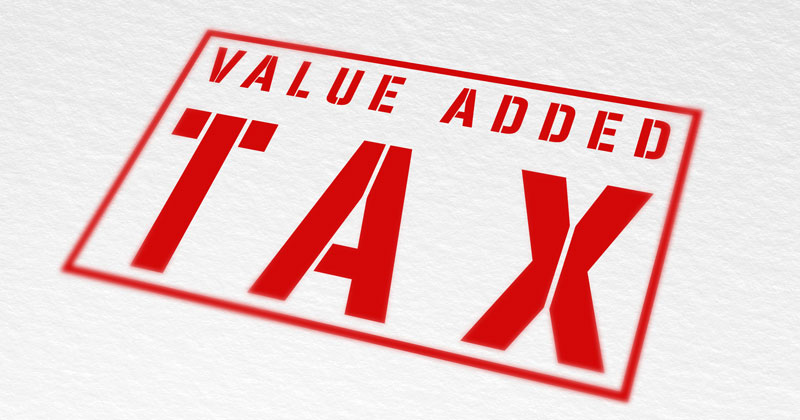
On 13 January 2020, President Muhammadu Buhari finally signed the Finance Bill 2019 (now Finance Act 2020) into law. The Finance Act (the Act) seeks to promote fiscal equity, align local laws with global best practices, introduce tax incentives for investments in infrastructure and the capital market as well as support small businesses in line with the ongoing Ease of Doing Business reforms. More importantly, it is targeted at raising additional revenue for the Government through the introduction of new fiscal measures, including the increase in Value Added Tax (VAT) rate from 5% to 7.5%.
This article examines the potential challenges of this 50% increase in the Nigerian VAT rate on individuals, businesses and the Government, considering our local peculiarities and the stated purpose of aligning with global best practices.
Overview of the Nigerian VAT System
VAT was introduced in Nigeria with the enactment of VAT Act No. 102 of 1993, which replaced the Sales Tax, which had been in operation since 1986 by virtue of the Federal Government Decree No. 7 of 1986. Since its introduction, the Nigerian VAT rate has remained unchanged at 5%. This is one of the lowest rates in the world as other countries like Kenya, South Africa, Ghana, Austria and United Kingdom have VAT rates ranging between 10% to 20%. There have been several attempts to increase the VAT rate in the past, especially in 2007. The Government under President Obasanjo increased the rate to 10%, but it was later reversed by the then incoming government of President Yar’Adua, due to the fierce opposition by many Nigerians.
VAT is a consumption tax and it is administered by the Federal Inland Revenue Service (FIRS). It is charged and payable on the supply of all goods and services (manufactured or rendered locally and/or imported), other than those specifically exempted (such as pharmaceuticals, educational items, basic commodities, medical and exported services, etc.) or listed as zero-rated (such as non-oil exports) in the first schedule to the VAT Act. All taxable persons (including non-resident companies carrying out business transactions in Nigeria) are required to register for VAT at the earliest of six months after commencement of the Act or commencement of business, and render adequate returns on or before the 21st day of the month after the month in which the transaction took place.
Sections 10 & 11 of the VAT Act differentiate between two kinds of VAT; Input VAT and Output VAT. Put simply, the input VAT is the tax paid to suppliers on the purchase of taxable goods & services, and output VAT is the tax received from customers on the value of taxable goods & services sold or rendered. The VAT Act allows taxpayers to offset their input VAT (Allowable Input VAT) against their output VAT, to the extent that such input VAT only relates to such goods that are purchased or imported for resale or form the taxpayers’ stock-in-trade used for the production of new products on which output VAT will be charged. Other input VAT paid on overhead, service and general administration of business are expensed in the Income Statement, as a deduction against the taxable profit, and those relating to capital expenditure are capitalized with the cost of the capital item. Where the output VAT exceeds the recoverable input VAT, the taxpayer is expected to remit the excess to the FIRS. In the instance where the input VAT exceeds the output VAT, the taxpayer will be entitled to a refund of the excess after following the due process as contained in the FIRS Establishment Act.
